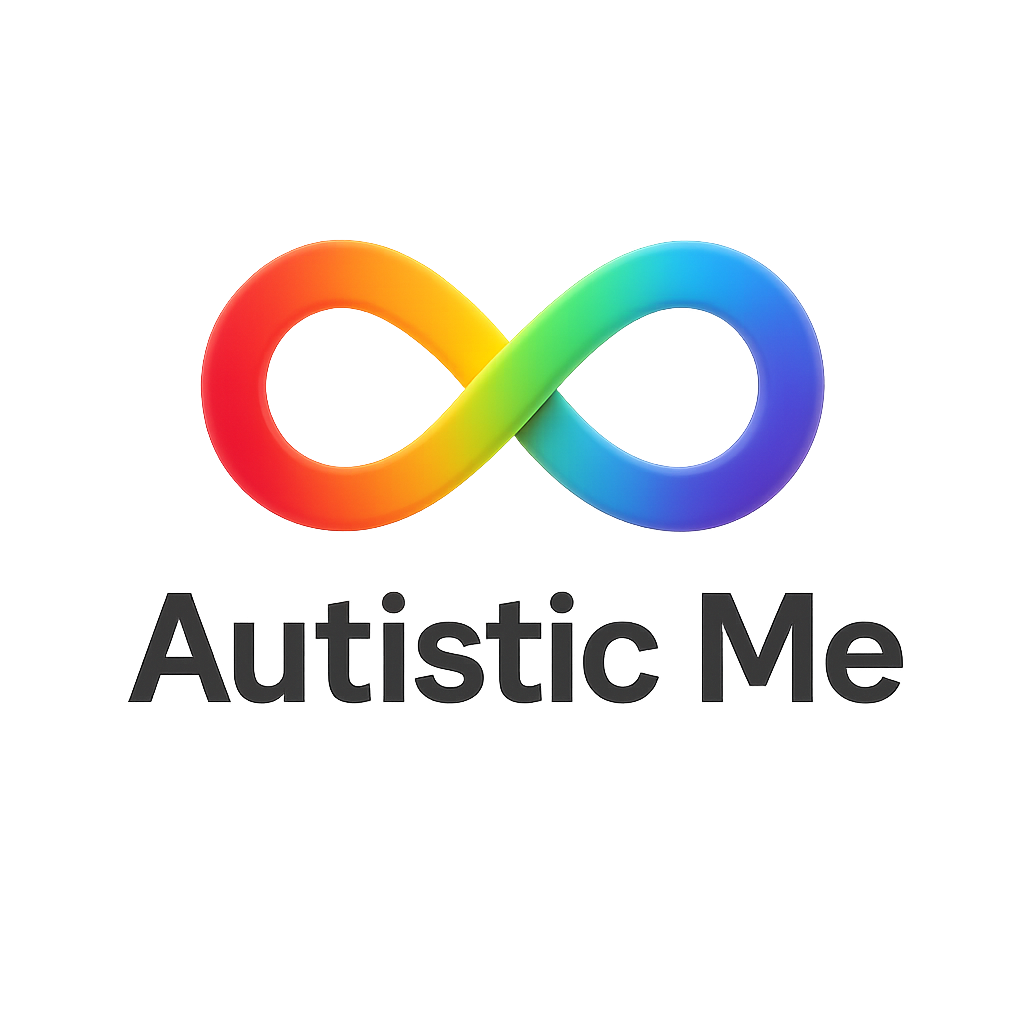
About
Real Voices from the Autistic Community
Autistic Me is devoted to fostering a supportive space that celebrates neurodiversity, empowering individuals and families through honest stories, practical resources, and a shared commitment to inclusion and understanding.

Voices of Autistic Experience
Meet the dedicated individuals driving our community’s mission forward.

Alex Morgan
Community Outreach Coordinator
Alex offers deep insight and compassionate support for autistic individuals and their families.

Jordan Lee
Content and Events Manager
Jordan brings innovative ideas and organizes inclusive events to engage our community.

Taylor Smith
Resource Development Specialist
Taylor focuses on creating practical tools and resources to empower daily living.

Morgan Patel
Strategic Partnerships Lead
Morgan drives collaboration and growth with key community allies and supporters.
Celebrating Autism and Strengthening Connections
Hear heartfelt stories from community members about how Autistic Me has enriched their lives and supported their journeys.
Joining this community has truly empowered me to embrace my identity and connect with others who understand.

Alex Morgan
Community Advocate
The resources and support offered here have been invaluable in helping me navigate daily challenges confidently.

Taylor Nguyen
Family Member and Ally
I deeply appreciate the inclusive environment and practical tools Autistic Me provides for real-world living.

Jordan Lee
Event Organizer

